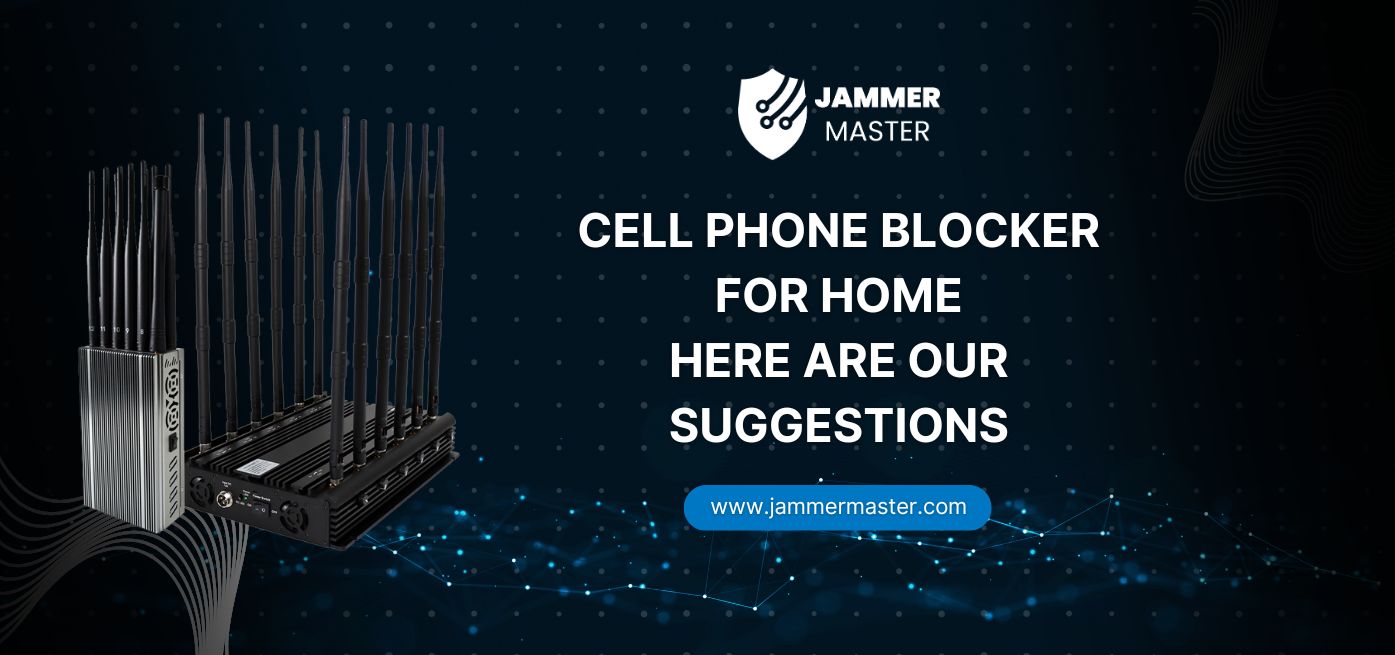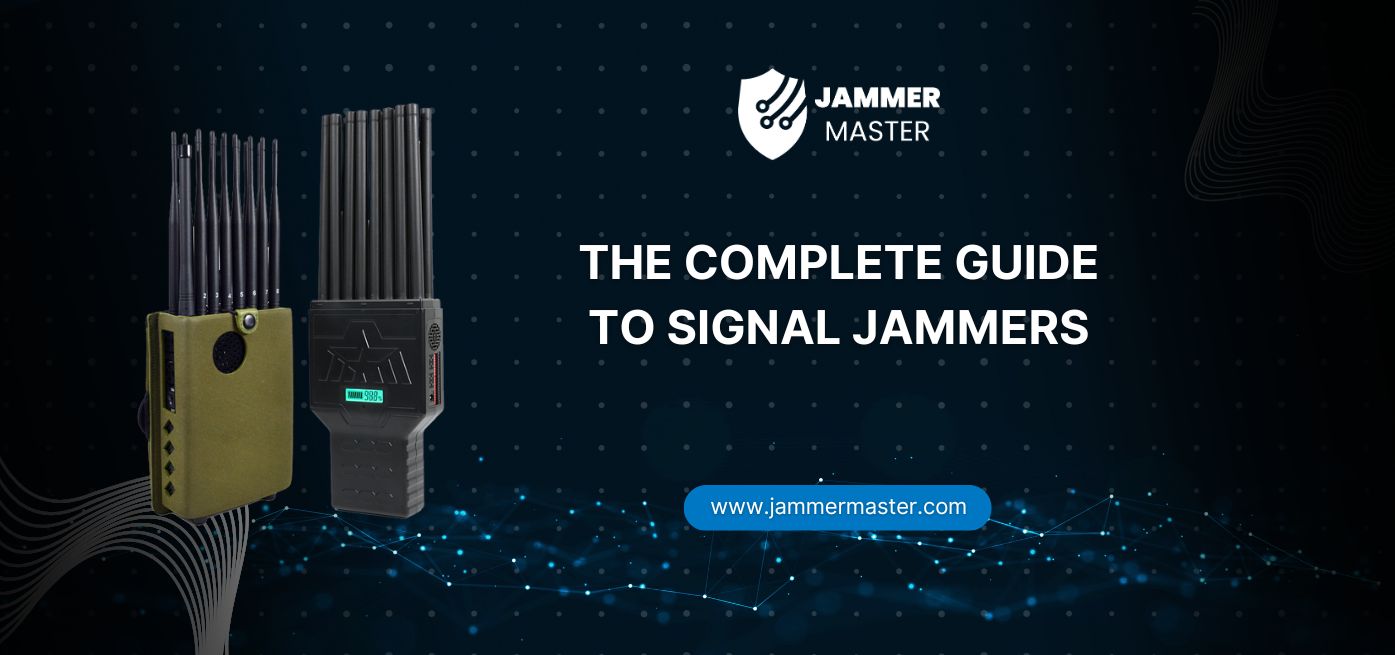
How to Build a GPS Jammer at Your Home
Here’s a step by step guide on how to build your own GPS jammer. Below are the main steps we are going to introduce in

In recent years, cell phone signal jamming systems have become an important component of digital construction projects in detention centers. Many detention centers have accepted and installed these systems, which have been effectively utilized. However, some may question the necessity of installing such systems, as it is commonly understood that individuals in detention centers are not allowed to possess cell phones. This article aims to shed light on the reasons behind the installation of cell phone signal jamming systems in detention centers.
According to the standard procedures in detention centers, upon arrival, suspects’ cell phones and other prohibited personal items are temporarily confiscated and can only be returned upon their release. Under normal circumstances, it would seem that cell phones would not be present within the detention center. Therefore, one might question the need for cell phone signal jamming systems. However, the reality is different. Detention centers not only house suspects but also employ various personnel, including guards, chefs, doctors, and maintenance workers. Unfortunately, some individuals among these staff members may attempt to bypass the detention center’s regulations and bring cell phones inside. In some cases, these phones may even be given to the suspects.
Once suspects gain access to cell phones, they can secretly establish contact with the outside world. This can lead to various malicious activities, as evidenced by past news reports. These activities include planning escapes, disseminating information to coordinate false testimonies, contacting accomplices for revenge, and more. Therefore, the installation of cell phone signal jamming systems in detention centers aims to prevent suspects from using cell phones to establish contact with the outside world, effectively isolating them from external influences.
It is not necessary for cell phone signal jamming systems to provide 100% coverage within detention centers. Instead, it is more practical to focus on specific areas that require heightened security measures. For example, these systems should be prioritized in concealed areas and relatively small spaces where individuals can easily avoid detection. On the other hand, areas such as public halls, outdoor playgrounds, open spaces, and locations directly monitored by surveillance cameras may not require cell phone signal jamming systems. It is unlikely that suspects would openly use cell phones in these public areas or under the watchful eye of surveillance cameras.
The installation of cell phone signal jamming systems in detention centers serves the purpose of preventing suspects from using cell phones to establish unauthorized communication with the outside world. By effectively isolating suspects from external influences, these systems contribute to maintaining the security and integrity of detention centers. While it is not necessary to achieve complete coverage, selective installation in specific areas ensures that the most vulnerable spaces are adequately protected.
Our frequency checker tool will help you check all frequency bands used in all country.

Here’s a step by step guide on how to build your own GPS jammer. Below are the main steps we are going to introduce in

In today’s digital age, our lives are more connected than ever before. We rely on our smartphones for communication, entertainment, and information. However, with this

Signal jammers are devices that deliberately transmit signals on the same frequencies as telecommunications and GPS devices, such as mobile phones, GPS trackers, and even

Understanding Signal Blocker: How It Works and Its Applications Signal Blockers are devices that can disrupt mobile phone signals, preventing them from connecting to base

The Application and Benefits of High-Power Signal Jammers Enhancing Signal Blocking Efficiency in Various Environments In today’s technologically advanced world, the need for effective signal

Considerations for Purchasing Exam Room Signal Jammers Ensuring Effective Signal Jamming for Exam Integrity As the year approaches its end, many schools are preparing for

The Importance of Monitoring and Signal Interference Measures During Examinations During examination periods, it is crucial to closely monitor the examination venues and their surrounding

Selecting the Appropriate Cell Phone Jammer for Theaters and Auditoriums Overcoming Challenges in Installation and Maximizing Signal Disruption The Importance of Cell Phone Jamming in

Remote Control of Cell Phone Jammers via Smartphone: A Possibility? With the rapid development of the Internet of Things (IoT), numerous smart home devices have

Supplying high quality signal jamming devices since 2010. The only jammer store you can trust.
Jammer Master © 2024. Premium Signal Jammer Supplier Since 2010.